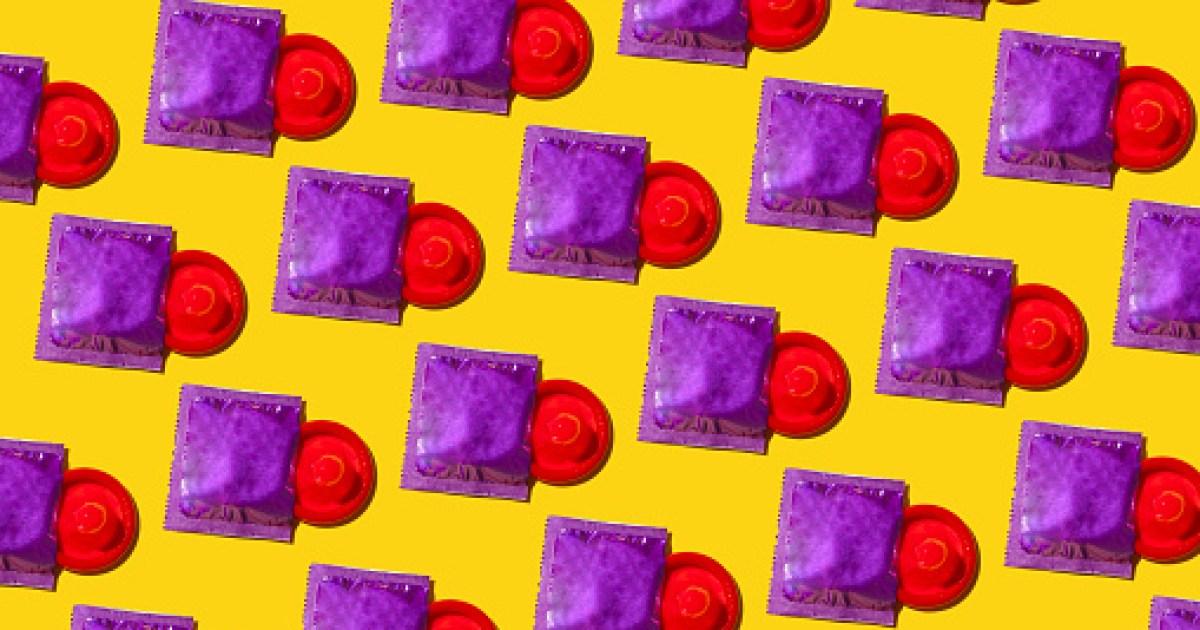
Opening the email, my heart sank.
I had tested positive for gonorrhoea – and I was devastated.
It didn’t take long for me to realise how I got it.
Last month, I engaged in unprotected sex with a man who claimed condoms were ‘not for him’. When he assured me that he was HIV-negative, in the heat of the moment, I agreed to go ahead.
But within minutes of leaving his place, I realised my mistake and my mind started racing with fear and questions – what if I’d caught something? Was he definitely HIV-negative? When was he last tested?
And was he really on Pre-Exposure Prophylaxis (PrEP), the drug often taken by HIV-negative people that reduces the risk of HIV?
Immediately I made my way to my closest sexual health clinic and asked for Post-Exposure Prophylaxis (PEP) – a combination of HIV drugs that may stop an HIV infection after the virus has entered a person’s body.
The treatment must be taken within 72 hours of exposure and for a total of 28 days, or one month.
PEP is not a ‘morning-after pill’ for HIV, a nurse told me, and its efficacy is not guaranteed. It is intended to be used as a last choice in an emergency – a condom failing during sex, for example.
The Terrence Higgins Trust says the same, and points out that PEP will not protect you against other sexually transmitted illnesses infections (STIs).
‘You’re on PrEP, you said, right?’ the nurse asked me.
I started to nod but then, as I thought about it properly, I realised I had missed my last two doses of PrEP – I’d run out of pills and had an appointment at a sexual health clinic later that same month.
I was no longer protected against HIV. That thought sent a chill down my spine.
Realising this was my last chance to try and prevent a possible HIV infection, I religiously took my PEP pill every morning at 8am. Missing one dose came with the risk of reduced efficacy.
After a month, I finally got my results. While thankfully I had tested negative for HIV, I was positive for gonorrhoea, a sexually transmitted disease that infects the urethra, rectum, cervix and sometimes the throat or eyes.
Just like that, I became part of a horrifying statistic.
There were 82,592 UK cases of gonorrhoea in 2022 – a terrifying 50% increase on the year before.
These alarming figures should be taken extremely seriously – they’re part of a wider pattern of STIs being on the rise in England.
That night had been one of only two incidents when I’d not used protection and now, I was paying the price
According to the UK Health Security Agency (UKSHA), more than 1,000 diagnoses on average are being reported daily, as part of a 24% rise in STIs during the last year. Those especially at risk are young LGBTQ+ men, with a scary 41% increase in gonorrhoea cases specifically.
My positive result for gonorrhoea really upset me as I usually make it my rule to always ‘play safe’. I always wear a condom to protect myself against STIs – that night had been one of only two incidents when I’d not used protection and now, I was paying the price.
I felt so guilty.
And the trend of ‘bb’, or ‘bareback’, is making matters worse. Gay men are engaging in unprotected sex under the assumption that PrEP will protect them against any STIs.
I cannot tell you how many times I have received texts on the gay dating app Grindr asking, ‘Do you bb?’.
Some guys would suggest unprotected sex while using PrEP is a safety net against any STIs. Others would argue that they are completely aware of the risk of STIs but ‘don’t care’, claiming that taking antibiotics for a week will clear the virus.
I’d always turn offers down or block what seemed to be suspicious guys.
More from Platform
Platform is the home of Metro.co.uk’s first-person and opinion pieces, devoted to giving a platform to underheard and underrepresented voices in the media.
Find some of our best reads of the week below:
An anonymous writer describes the moment he found out his boyfriend was HIV positive and hadn’t told him.
Adee Phelan made millions in his job as hairdresser and salon owner, all without being able to read. Now in his 50s, Adee is starting to learn.
Mr and Mrs Smith lost their 17-year-old son Harry to suicide a decade ago. Harry took his own life on results day after not getting the AS Level grades he was expecting.
And Maggie Redding, who along with her wife Sylvia, lives in a LGBTQ+ friendly retirement complex, explains how homophobia doesn’t stop once you reach your 80s.
But on that particular occasion, I felt compelled to do it without a condom because my sexual partner said he had a latex allergy.
In that case, one alternative is to wear non-latex condoms. But the only type of condom I had was latex. To avoid causing him discomfort, I reluctantly took it off and engaged in unprotected sex.
The rise in gonorrhoea cases also isn’t helped by the fact that sexual health services and their staff have long been under strain, with overstretched services and funding challenges.
Successive Conservative Governments have slashed England’s public health grants to fund sexual health services by over £1billion between 2015/16 and 2020/21.
Reduced funding has made it tough for local authorities to keep up with the rising demand for sexual health services. Getting a PrEP appointment, for example, can sometimes take weeks – if not months. It’s sadly not surprising, then, that we’re seeing a horrifying rise in STIs like gonorrhoea.
Outreach services are struggling, too. Take National Ugly Mugs, an organisation working to provide greater access to protection for sex workers, who have said they’re ‘constantly faced with a battle to raise enough funds’.
Sexual health clinics were forced to de-prioritise their usual work on PrEP, HIV, and other STIs when monkeypox broke out in the UK in 2022. Around a quarter of sexual health services were displaced as a result of monkeypox, and STI screenings in the most affected areas saw a 90% reduction.
Since my positive test result, I have decided to significantly cut back on sexual encounters with new partners and engage in safer relationships. For now, I won’t have sex until further notice.
I have always been aware of sexual health, but this experience has taught me to take even more responsibility for my health – and, just as importantly, the health of others.
Do you have a story you’d like to share? Get in touch by emailing [email protected].
Share your views in the comments below.
Source: Read Full Article


